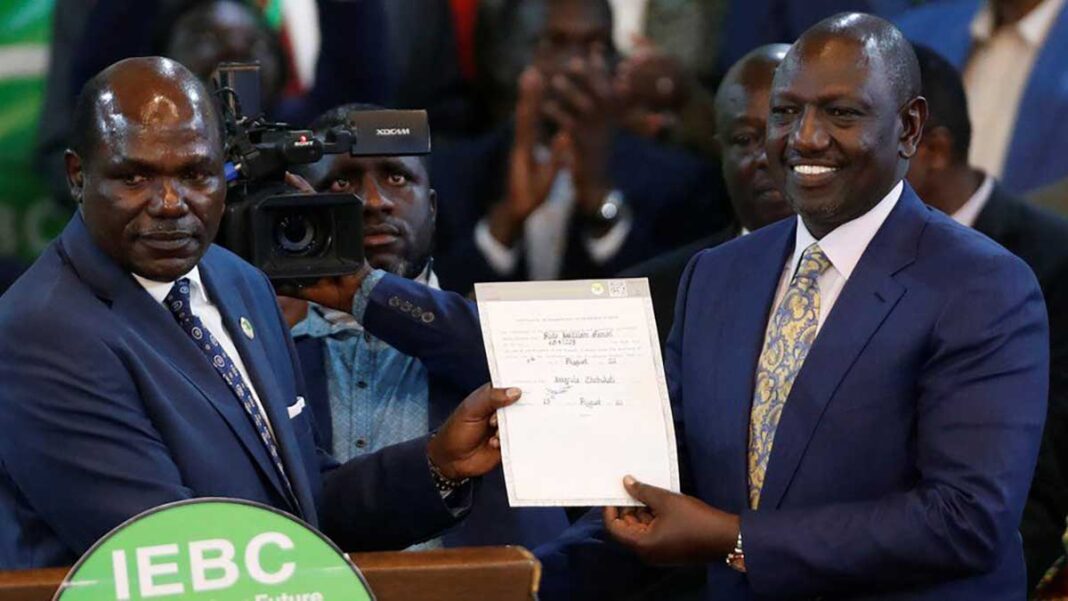Every campaign must have a strategy for winning the election. This must be a given from the start of any campaign.
It’s amazing how many candidates in municipal elections I’ve seen start their campaigns with no clear plan of how they’ll win.
Too often, candidates file to run for municipal office with the intention of “seeing what happens.” That’s not a plan.
Every campaign should begin with the question, “How am I going to win?” Unfortunately, many decisions are taken based on unsubstantiated information or on the assumption that because one political party is dominant, success is guaranteed.
Of course, an examination of previous election results as well as the demographics of the electorate is required. That’s just the beginning.
The nature of the election might also have an impact on campaign tactics. Is the candidate challenging an incumbent?
Or perhaps for an open seat? Is there a spark or incident that could alter the election’s dynamics? Is a runoff feasible if no candidate receives 50% plus one vote? Is it “winner take all?”
After considering all of the relevant factors, the candidate must develop a documented campaign strategy.
The plan includes a strategy for winning the election.
Rather than speculation or hearsay, the idea should be supported by empirical facts.
The Campaign Strategy
Creating and implementing a plan is where the rubber meets the road. Albert Einstein’s comment regarding knowledge is spot on. “Experience is the only source of knowledge.”
The application of Einstein’s statement to campaigning is that it requires a lot of experience in elections to be able to create a winning strategy, even if one has some insights into the process.
Campaign approach is formed as a result of both winning and losing elections. So often, a campaign knows roughly what to do but is unable to recruit volunteers, collect funds, or focus their efforts on what it takes to succeed.
Simply said, successful implementation necessitates election campaign expertise. You could have the best marketing plan ever developed, but if you can’t put it into action, it’s useless.
That’s where expert counsel comes in handy, and it might mean the difference between winning and losing. It’s the most difficult aspect of creating a winning campaign.
Launching Small-scale Local Campaigns
Smaller, local campaigns, by definition, have fewer resources. They also lack the capacity to gain any traction because voters do not recognize their names.
Getting started is frequently a “wheel spinning” process.
Many local efforts will have to start with enthusiasm as a resource. And it’s completely free. Enthusiasm can typically overcome a lack of funds, staff, and campaign knowledge.
However, as a campaign progresses before election day, it will become clear that you will also require finances to succeed.
Another area to concentrate on is campaign strategy and planning. Most campaigns will fail if they do not have a campaign plan. Once a documented campaign plan is in place, the campaign’s infrastructure must be completed.
Volunteers are equally as valuable as money.
They are not only a resource for filling some of the tasks in a campaign, but they also show other voters that the candidate has grassroots support.
That is when a candidate’s excitement might become contagious.

